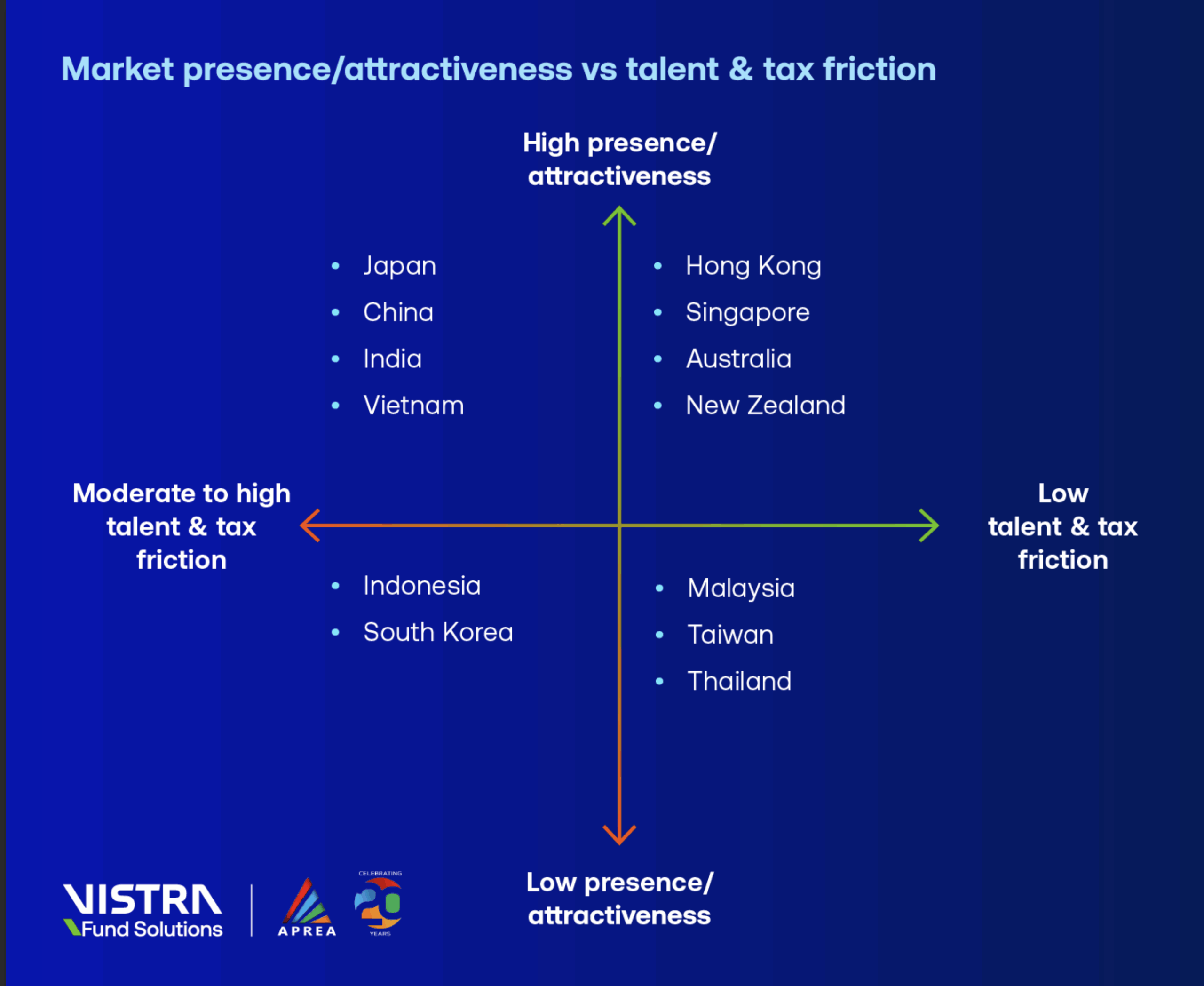By Steve Richards
Copyright newstatesman

Governments never become accident prone by accident. There are always deeper reasons when a sense of crisis hovers over Downing Street. In the case of Keir Starmer’s current fragility the seeds were sown long ago.
I would go as far back as Labour’s defeat in the Hartlepool by-election in 2021. There is a fashionable consensus that Starmer turned his leadership around after that traumatic loss. Starmer shares this assumption.
I wonder about that.The orthodox narrative is familiar. The shock of Boris Johnson’s governing party gaining a seat in mid term, when governments are usually unpopular, almost triggered Starmer’s resignation. Instead of leaving the political stage the newish Labour leader decided to remain in post and dramatically change tack. He accepted, perhaps too modestly, that he lacked some of the political skills required for leadership and would therefore turn to others for guidance. They included the views of voters as expressed in focus groups, past ‘winners’ from the distant new Labour era, irrespective of their ideological baggage and those close advisers partly defined by a loathing of Labour figures a millimetre or so to the left of the likes of Peter Mandelson. Rachel Reeves had near total freedom to develop economic policy.
The common view is that this ‘reset’ was unequivocally triumphant. Starmer ceased to be a Harold Wilson-like figure, leading his party as a broad church and sometimes following his own instincts as a distinct and authentic figure. The focus groups blocked any policies that might lose votes. Parts of the left were purged. He made what was seen as a leaderly move to the Blairite right. A landslide followed. As one barometer of the post Hartlepool mood, Peter Mandelson could not resist showing off about the amount of access he suddenly enjoyed. In a What’s App group of Labour peers he texted loftily on one occasion before the election “If any of you have points you want me to put to Keir let me know.” Some of the recipients did not regard this offer as the most reliable route to the leader’s elusive office.
Leaders have to learn fast. All of them make misjudgements. Nonetheless there are wise corrections to a chosen course and counter productive over corrections. Starmer can be a good listener and evidently changes were required at an early stage in his leadership after the Hartlepool defeat. But he over-corrected. The assumption that post Hartlepool he navigated a wholly successful reset is wrong, and for him now dangerously wrong.
At the most fundamental level it is a misreading of what happened in that strange, ghostly Hartlepool contest. I visited the by-election and the mood was freakish. At the time voters in the constituency saw Boris Johnson as a wartime prime minister. They adored him. After the trauma of lockdown a vaccine was coming to the rescue. Equally significant, Hartlepool had voted Brexit. Johnson had delivered what they had sought in the referendum. He was setting them ‘free’ from Covid and Europe.
Unusually for a supposedly busy prime minister Johnson visited the constituency several times. He was treated like a hero. Take a look at videos from the campaign and note the joy in voters’ eyes as Johnson delivered his usual banter. The by-election was the high point of Johnson’s calamitous leadership. He appeared to be electorally invincible. Soon voters would come to realise the reality. Partygate would transform their perceptions. Polls suggest they realise now that Brexit was no new promised land and has made them poorer. But at the time Johnson walked on water. Most voters had formed no impression of Starmer. He had been partially hidden by the constraints of lockdown. They were not rejecting him and his relatively expedient strategy. They had no idea who he was.
But Starmer saw the result as a rejection of his leadership at that point and chose his new highly unusual route, in effect subcontracting quite a few policy and strategic decisions to others. In policy terms the end result was a curious pre-election pitch for “change” with a commitment not to change very much, including all the significant revenue raising tax measures. The manifesto and campaign were partly an attempt to imitate New Labour in 1997, combined with a few daring policies that had passed the focus group test, such as nationalisation of the railways and green measures that had seemed to boost President Biden’s election victory in 2020.
This programme presented without any ideological underpinning (you will search in vain for a speech from Starmer as to why Labour is promoting selective public ownership) was accompanied by the most brutal approach to party management in Labour’s history. Starmer’s predecessor, Jermey Corbyn, already suspended, was expelled. Before the suspension Corbyn was making no news on Labour’s backbenches. Now he is forming a party that in the short-term at least will attract disillusioned Labour voters. Huge amounts of energy was spent trying to block Diane Abbott from standing at the election last year. As a result she became a near martyr. Even the Times argued she should be allowed to stand. Other left-wing candidates were blocked from standing at the last moment, often splitting the anti-Tory vote. Meanwhile, Corbyn predictably won as an Independent in his Islington stronghold last summer. With all these battles being fought, it’s no wonder there was not much bandwidth in the leader’s office to prepare for government, a role seemingly left to Sue Gray alone.
The so-called soft left were also a target as some close to Starmer flexed their post-Hartlepool muscularity. Inevitably the soft left has fought back now when the government is struggling to control multiple overlapping crises. In the deputy leadership contest Lucy Powell benefits from being sacked from the cabinet in the recent reshuffle. This is quite a contortion in terms of party management: a sacking propels the victim towards becoming a possible deputy leader weeks’ later.
We will never know what might have happened at the election if Starmer had made different calls after the Hartlepool defeat. But I would be interested in his answers to a series of questions that relate to the various dramas now. Would his earlier forensic self have had more developed doubts about Mandelson’s appointment as ambassador, the most colourful and contentious figure from a previous era? Would he have read out his “island of strangers” speech, and would his writers have composed it in the way they did, if he had established his own clear public voice rather than one partly defined by focus groups and powerful advisers? Would he have been so distant from his parliamentary party that he described the obviously brewing seismic welfare revolt as “noises off” days before the paralysing rebellion, an insurrection that still defines much internal thinking within Number 10 and the Treasury? Would the pragmatic Starmer who sat in Corbyn’s shadow cabinet have opted to expel him altogether rather than opt for subtle marginalisation, managing the left rather than creating ferocious enemies?
There is always a media frenzy around seemingly fragile prime ministers. Mostly the prime ministers survive. My favourite example of hysteria from recent days is the hacks screaming that Starmer lacked a coherent strategy while also concluding it was a disaster that he was losing his director of strategy. But this current media frenzy also reflects accurately the wider mood in the cabinet and well beyond. As I write I have received a text from a cabinet minister that states baldly “I am in despair at the moment”. How long will the “moment” last? An accident in politics can trigger momentary alarm that passes quickly. What is happening now is no accident.
Steve Richards Presents his live show show, Rock N Roll Politics, at the main hall in Kings Place on September 25th
[Further reading: Bridget Phillipson is the last, best hope of the Labour right]



